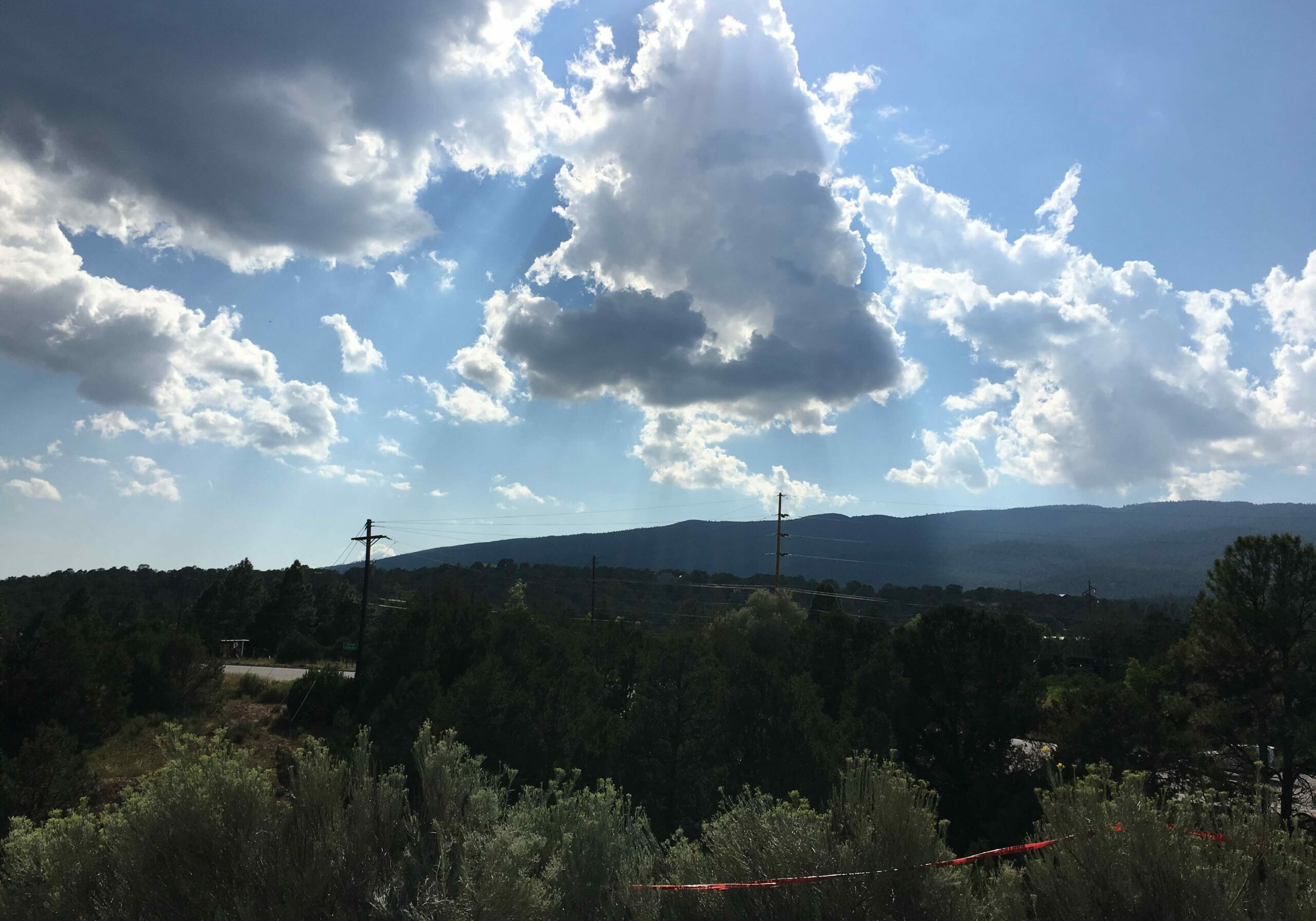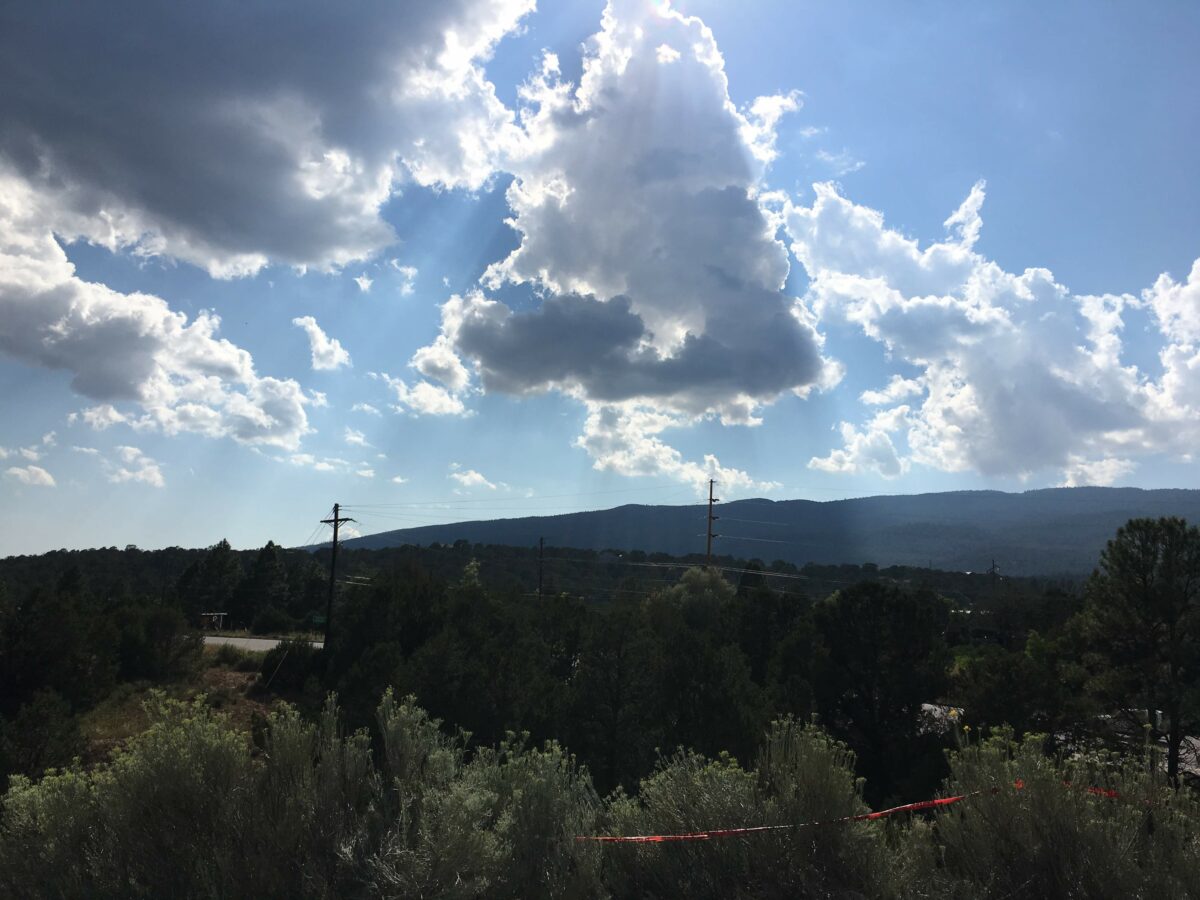August 15, 2024
This storage drive is definitely where information goes to die here

Where does information go to die at your organization?
Which tool is most likely to hinder effective collaboration, organization and retrieval of knowledge?
This is commonly referred to as the black hole effect. Astrophysically, a black hole is a region in space where gravitational forces are so strong, that nothing, not even light, can escape from it.
The same goes for organizations when their information, messages, and knowledge seem to disappear or get lost within the system. Just like objects falling into a black hole. There’s a lack of visibility, a lack of traceability, and a low probability of retrieval. Information gets swallowed by and absorbed into the organizational void for all eternity, never to be heard from again.
Now, email has historically been cited as the leading culprit of the black hole effect. Messages are deposited and lost forever at worst, or very difficult to retrieve at best. Although these days, with the endless amount of software apps and communication platforms teams use at work, there may be several black holes at given organization.
I remember my first day of work at a small startup years ago. My new boss got called into an emergency client meeting that morning, and I had nothing to do all day. So my onboarding project was to log onto our disorganized company drive, and read every single document in existence.
Agendas, spreadsheets, pitch decks, contracts, brainstorms, grocery lists, seating charts, memos, you name it. Which sounds overwhelming and tedious to most, but I quite enjoy that kind of thing. I like nothing more than diving head first into the black hole.
Call me a masochist, but plopping down in front of the equivalent of a warehouse of chaotic papers and files, and I will make something useful out of it. My obsessive compulsive nature is a feature, not a bug.
Anyway, twenty minutes into my black hole expedition, I remember thinking to myself, yep, this storage drive is definitely where information goes to die here.
And that turned out to be a key insight into our organizational culture. I got an immediate understanding of our information landscape, which allowed me to make informed decisions, set realistic expectations, and contribute to the improvement of organizational processes within my first week.
That’s why I always ask on my job interviews, where does information go to die at your organization? I don’t mean to be overly critical and skeptical with people I just met. It’s just that, if I am going to work there, I need to know where the black holes are. I need to know where their information gets swallowed and absorbed into the digital void for all eternity.
That’s a common misconception about knowledge management. It’s a people issue, not a technology issue. If your team members aren’t consistently documenting their processes, insights, ideas and learnings, no amount of technology is going to help them leverage it.
If people never know where to find what they’re looking for, and never know where they should put something new, the ripple effect will be devastating for the entire organization.
What valuable asset is being swallowed by and absorbed into your organizational void for all eternity?

